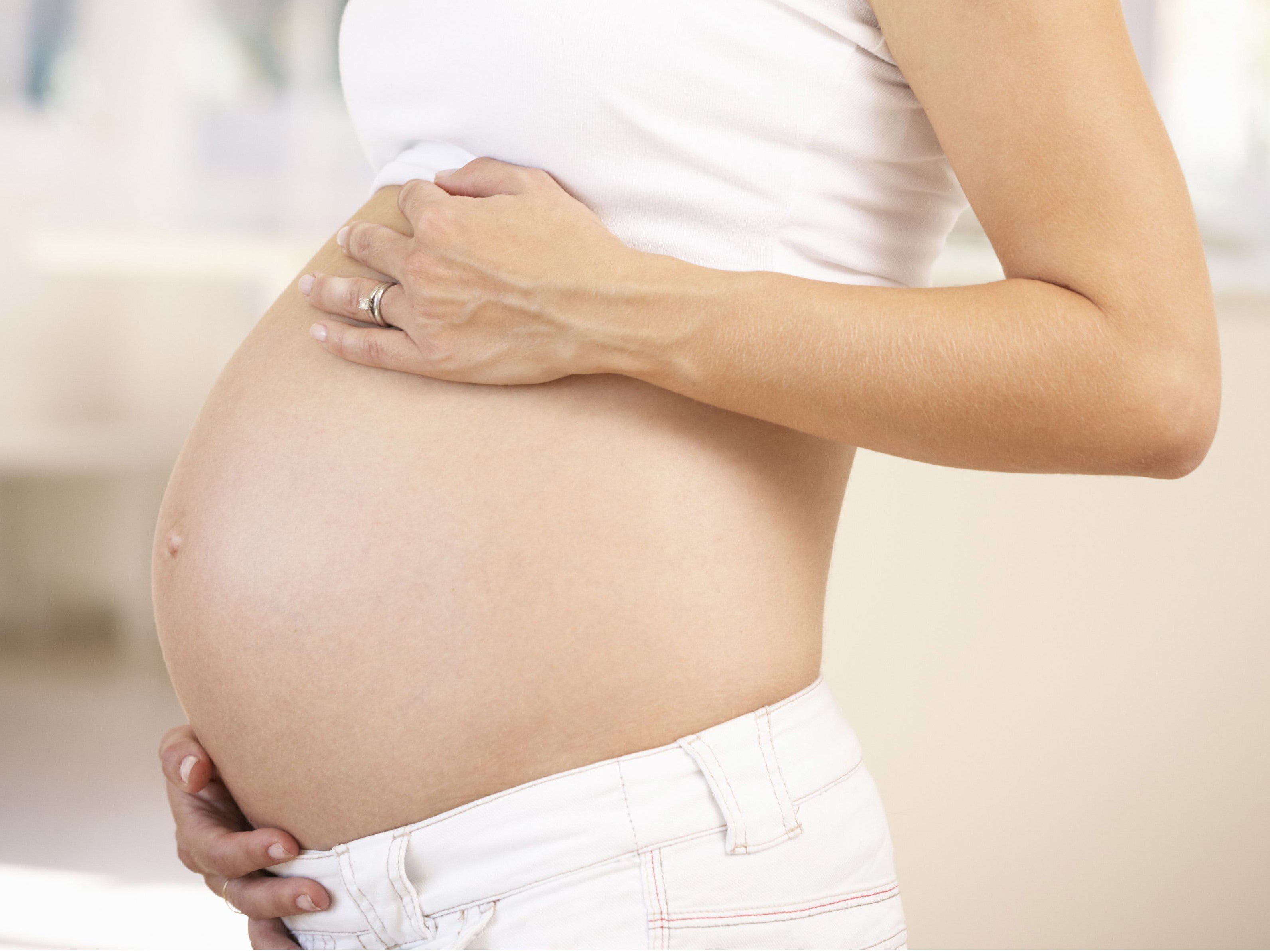IVF in older women linked to increased breast cancer risk, study finds
‘This is a wake-up call about the use of high dose stimulation in IVF’ says Professor Geeta Nargund

Your support helps us to tell the story
From reproductive rights to climate change to Big Tech, The Independent is on the ground when the story is developing. Whether it's investigating the financials of Elon Musk's pro-Trump PAC or producing our latest documentary, 'The A Word', which shines a light on the American women fighting for reproductive rights, we know how important it is to parse out the facts from the messaging.
At such a critical moment in US history, we need reporters on the ground. Your donation allows us to keep sending journalists to speak to both sides of the story.
The Independent is trusted by Americans across the entire political spectrum. And unlike many other quality news outlets, we choose not to lock Americans out of our reporting and analysis with paywalls. We believe quality journalism should be available to everyone, paid for by those who can afford it.
Your support makes all the difference.Women who use in vitro fertilisation (IVF) to get pregnant above the age of 40 might be at greater risk of breast cancer, according to a large new study.
Research spanning 600,000 Danish women, including 58,534 who underwent fertility treatment, found giving birth after assisted reproduction aged 40-plus was linked to a 65 per cent higher chance of a breast cancer diagnosis during the 20 year study.
To produce the eggs for fertilisation women take powerful drugs that stimulate their ovaries.
In turn this increases the levels of oestrogen in the body, a hormone which promotes the growth of breast tissue, and can also drive the growth of cancerous cells.
While the overall rates of cancer were low, across all participants fertility treatment was linked to around two extra cases for every 1,000 women treated.
The University of Copenhagen researchers behind the study said this could be a factor in the findings.
“An increased risk could be due to age-related vulnerability to hormone exposure or to higher doses of hormones during ART [assisted reproductive technology] treatment,” they wrote in a summary of the findings presented at the European Society for Human Reproduction and Embryology (ESHRE) annual meeting in Vienna.
Breast cancer is the most commonly diagnosed form of cancer in the UK and around 55,000 women are diagnosed each year.
The study ran from 1994 to 2015 and matched each woman who had given birth after assisted reproduction with 10 women of a similar background who had given birth naturally.
Cancer rates during the study were low overall. There were 3,894 cases in total, and around 0.6 per of the women were diagnosed with breast cancer – this rose to 0.8 per cent in the women who had IVF.
“This is a wake-up call about the use of high dose stimulation in IVF, especially in women over the age of 40,” said Professor Geeta Nargund, of London’s St George’s Hospital and Create Fertility.
She said doctors should start counselling older patients about these increased risks and should look to minimise the dosages they are administering.
However, the latest findings have yet to be peer reviewed and they also can’t rule out that other factors, which might impact on fertility and cancer risk, could be behind the rise.
Having children later is known to increase risk, while breastfeeding can help reduce it, but obesity, diet and smoking all play a role.
“This is an interesting preliminary finding but shouldn’t alarm people,” said Roy Farquharson, president of the ESHRE.
He said that 40 years of research into the effects of the drugs used in IVF and other forms of assisted reproduction had concluded that the long-term cancer risks are low.
“For years we have been trying to find out whether it’s infertility or IVF and we have not been able to do that successfully. If there is an effect [from IVF treatment] it’s marginal.”
Join our commenting forum
Join thought-provoking conversations, follow other Independent readers and see their replies
Comments